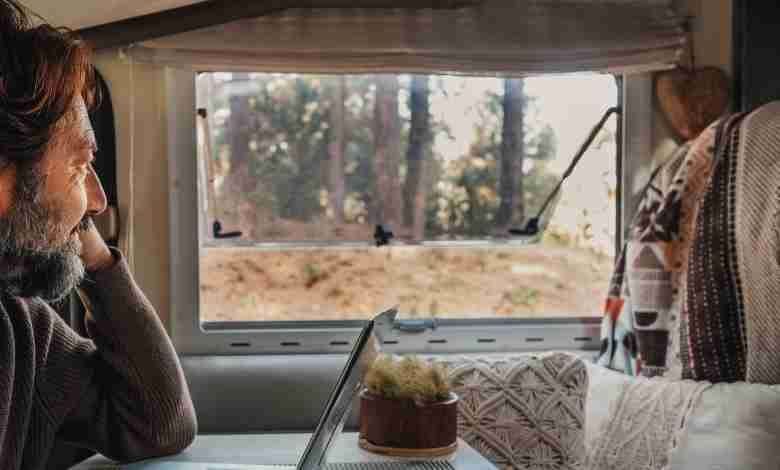5 Things You Should Know Before Going Off the Grid

Living off-grid sounds easy enough, right?
Surely it can’t be more than a matter of moving to the woods, building a cabin, installing some solar panels, erecting a wind turbine, and drilling a well. Then, you could start a vegetable garden, raise some chickens, and sit back and relax – away from the rat race of modern life.
Not so fast.
Going off the grid requires serious planning and a lot of hard work before you’ll be able to enjoy the fruits of your labor. And the work doesn’t stop once you’re established – there will be constant upkeep and maintenance. Let’s begin with the basics.
Here are five things you need to know before moving off the grid.
1. Food
You won’t have access to supermarkets, so you’ll have to grow your own food in a garden or greenhouse. Begin with some raised beds and a traditional garden, and fill your greenhouse with fruit and vegetable-bearing plants. You should either hunt or have your own livestock to produce milk, eggs, and meat.
Foods to stockpile include non-perishables, so you should stock up on these when you make your occasional trips to town. Canning and preserving the food you produce will also allow you to build up emergency supplies of food.
2. Water
To live off the grid, you’ll need a steady source of potable water. Because you will probably not have municipal water sources, you need to find your own. When choosing a piece of land, make sure there is a natural water source or that it isn’t too far to haul water from other places.
You’ll also need some kind of water collection system – it could be a simple rainwater catchment barrel or a cistern system to collect the rainwater that falls on your roof.
3. Shelter
You’ll also need shelter from the elements – something every human being needs to survive. Your off-grid home could be a traditional wood-frame house, a log cabin, an Earthship, or even a large tent.
Because there are so many options when it comes to housing, you should consider which one will be best for you long before you move onto the land and go off-grid.
4. Land
To live off-grid, you’ll need a piece of land. Your land is integral to your off-grid life, so choose it wisely. The land should suit your purposes and lifestyle – which usually requires finding a remote place away from housing regulations, building codes, and permits. Land in remote areas is also less expensive and comes with lower property tax, so you can get more acres for your dollars.
5. Power Generation
Now for the most essential part of living off-grid: electricity. The purpose of going off-grid is to disconnect from the municipal power grid and generate your own electricity.
To successfully go off-grid, you’ll need power generation systems and backup batteries to store surplus electricity. Your electricity generation systems need to generate enough capacity to power your appliances – like your stove, washing machine, refrigerator, and devices. Generally, a 250 to 500-watt wind turbine and a few 250-watt solar panels will be sufficient.
A wind turbine is a necessary backup to solar power generation because it will work on overcast days – all it needs is wind. By using both wind turbines and solar panels, you can generate sufficient electricity no matter the weather.
